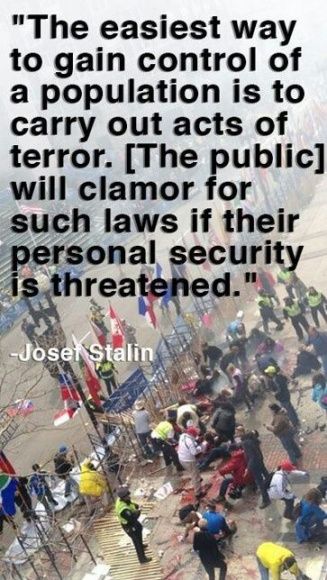O
OGShaman
I guess we haven't heard the last of Mr. Snowden. He just leaked about 160,000 e-mail and instant-message conversations intercepted by the NSA, as well as 7,900 documents taken from more than 11,000 online accounts.
http://arstechnica.com/tech-policy/...cepted-messages-only-10-from-offical-targets/
http://arstechnica.com/tech-policy/...cepted-messages-only-10-from-offical-targets/





